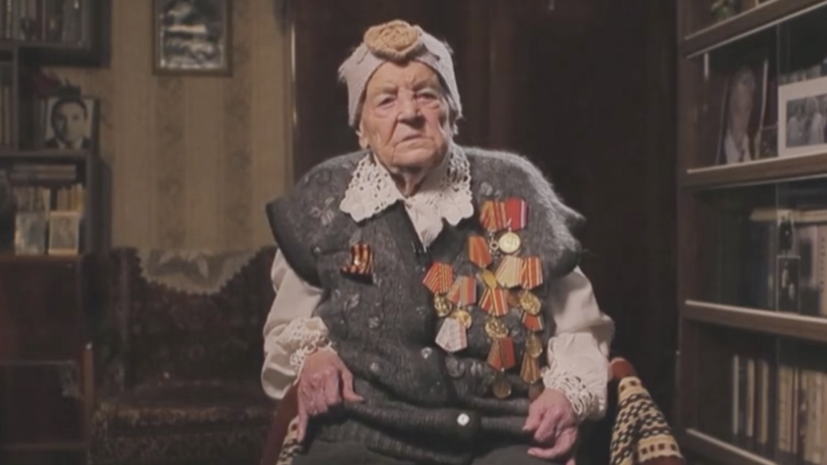Beil expressed Teryokhina sympathy from the bottom of her heart in connection with the fact that she lost her only child. He said that he was 51 years old and had three children.
According to the man, his grandfather was Russian, but he had never seen him. Beil wrote that his grandfather died when his mother was eight years old.
“During the great war he was wounded, and he died because of this only a few years after its end. As they told me, he fought with the Bolsheviks, but that doesn’t change anything: I still want to thank you for helping to defeat the Nazis and ensure peace in Europe, ”he said.
Biderman in his letter said that he was born in 1952, but still found the consequences of a devastating war, which "left him an unforgettable experience."
The man wrote that in 1960-1961, when his family lived in Frankfurt an der Oder, he first met with Soviet soldiers who were collecting building materials for the barracks. He noted that the soldiers shared bread and soup with him and his younger brother, and once gave them a taste of shag.
“We were greatly impressed by the way the young soldiers treated us, although we hardly understood each other's language ... We did not feel any hostility, any arrogance or hostility on their part,” Biederman shared.
According to him, the biography of Anna Teryokhina, which really touched him with her specifics, is "typical of so many Soviet people who have made unforgettable feats and sacrifices in the struggle to preserve civilization in Europe."
Biderman added that he was ashamed of the fact that "German troops are once again deployed on Russian borders to demonstrate the strength that Germany is participating in exercises that supposedly serve to defend Europe."
“It is all the more important on May 9 in the corresponding memorial places, such as in Treptower Park in Berlin, to commemorate the Victory over Nazi fascism, which would not have been possible without the Soviet Union,” he emphasized.
The project #Post-Victory contains the stories of those who survived the siege of Leningrad, signed on the walls of the Reichstag, those who hid Soviet soldiers who fled from concentration camps.
Over the next months, the project will tell the story of their war and their victory. With the help of the project #Post-Victory anyone can write a letter to a veteran.
Letters sent to the editorial office of the channel will be transmitted to all veterans.
Earlier in RT, two letters came from residents of Germany - one from Roy Grellert, and the second from Mike Albrecht and Frank Rudolph.
The heroine of the first story was the home front worker Anna Georgievna Teryokhina.

